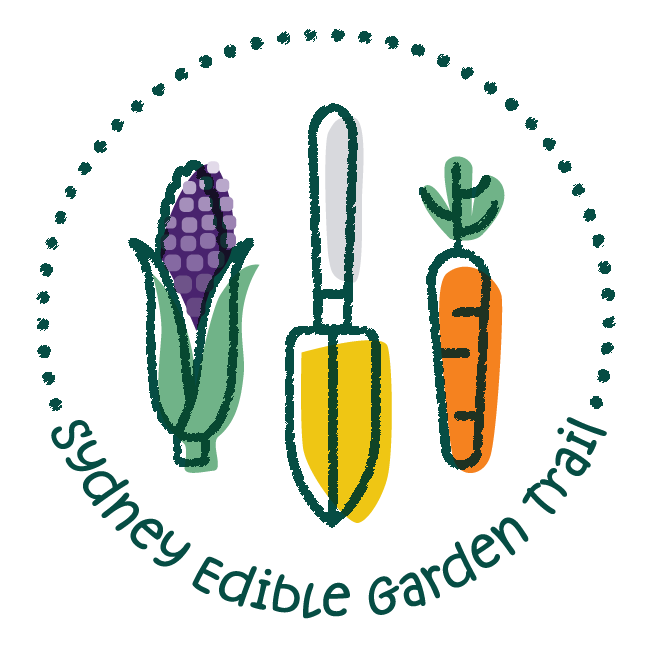
Composting is the process of decomposing or recycling dead organic matter to make it usable for other living organisms. The resulting rich dark compost is added to soil to increase soil fertility, improve soil structure, provide nutrients to plants, and to help soil retain water. Good soil contains up to 30–50% compost.
Every good garden has a compost heap or bin to recycle garden and kitchen waste into ‘black gold’ for the garden.
All organic matter will compost eventually with or without your help, but if you want to produce compost quickly and efficiently, a good compost heap must be:
Alive – you want lots of microbes and worms as they are doing all the hard work to break down the organic matter. If the process seems to have slowed down, you can add some already composted material, manure, or worm castings to help boost microbial content.
Diverse – You can put pretty much anything that was once alive in your compost – kitchen waste, vegetables, autumn leaves, garden prunings, grass cuttings, coffee grounds, tea leaves, egg shells, hair, animal manures, paper and cardboard. However, meat, fish, and dairy will smell and attract rats so avoid these (you could bury them or add small amounts to a sealed compost tumbler).
Good compost heaps have a diverse mixture of carbon-rich ‘brown’ ingredients and nitrogen-rich ‘green’ ingredients. Kitchen scraps, fresh garden waste, and manures generally fall into the green category. Dried waste like autumn leaves, straw, sawdust, paper, and cardboard are considered brown materials. About 50/50 green to brown by volume should be fine.
Aerated – living things need oxygen. Make sure you regularly mix the compost to get plenty of air through it. This also helps with the final M.
Moist – living things need water. Check the heap is damp when you turn it, and add water if it’s not. If it’s too wet, check the drainage and add some dry ingredients.
Just remember ADAM! If you want to make compost fast, make sure everything is shredded or cut into small bits, and mix and water often, or you can build a hot compost.
If you can’t have, or don’t want, a compost bin for some reason, there are alternatives:
- A worm farm – for all fresh uncooked kitchen waste except onions and citrus.
- A bokashi bin – an odour-free, waste-fermenting system for your kitchen counter.
- Join ShareWaste and donate your waste to someone else’s heap!
Many Sydney councils offer free compositing courses and discounts on compost bins and worm farms to help reduce landfill.
Check out this video recorded by Margaret as part of our 2020 Virtual Sydney Edible Garden Trail.
For more workshops like this one and the opportunity to see a range of edible gardens across Sydney, make sure to come along to our next trail or follow us on social media.
